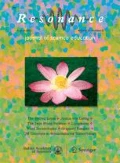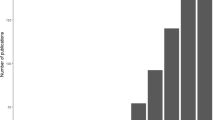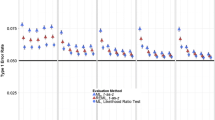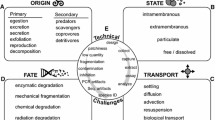Abstract
Common people and even scientists think of ecology as a discipline that exclusively studies wildlife and topics related to environmental pollution. My friends both within and outside the scientific community are often ba2ed when they hear that I am a physicist doing research in ecology. The aim of this series of articles is to emphasize the less known fact that theory and mathematics have been central to ecology since the inception of this relatively young scientific field. In this first article, I will talk about the following three points. First, I will discuss how the emphasis of the basic science of ecology is much broader than its applied aspects involving the conservation of natural ecosystems. Second, I will discuss a fundamental parallel between statistical physics and ecology that arises because both disciplines emphasize macroscopic systems (e.g., magnetic materials in physics or flocks of birds in ecology) as collectives of interacting units that are more than the sum of their constituents. What makes them fascinating is that interactions at small scales typically give rise to unexpected properties at larger scales. Finally, I will discuss how ecology offrs a new and rich set of challenges to mathematically trained scientists because of variations among biological organisms and the role of natural selection in shaping ecological systems, both of which have no parallels in the physical sciences.
Similar content being viewed by others
Suggested Reading
A Joshi, Evolutionary Biology Today, Resonance, Vol.8, No.2, pp.6–18. 2003.
P W Anderson, More is Different, Science, Vol.177, No.4047, pp.393–396. 1972.
S A Levin, The problem of pattern and scale in ecology: the Robert H MacArthur award lecture. Ecology, Vol.73, Number, pp.1943–1967, 1992.
J Malpas and Donald Davidson, The Stanford Encyclopedia of Philosophy (Winter 2012 Edition), Edward N Zalta (Ed.), URL: http://plato.stanford.edu/archives/win2012/entries/davidson/
Author information
Authors and Affiliations
Corresponding author
Additional information
Vishwesha Guttal studies and teaches theoretical ecology and evolution at the Centre for Ecological Sciences, IISc, Bengaluru. He is a theoretical physicist by training and his current research interests are in tipping points in ecology, selforganization in ecological systems including pattern formation in vegetation, and collective behaviour in animal societies and evolutionary theory. He is also interested in developing interactive teaching methods to teach mathematics, physics and ecology to students of various age groups, from primary school children to college students and the general public.
Rights and permissions
About this article
Cite this article
Guttal, V. Ecology: From individuals to collectives. Reson 19, 368–375 (2014). https://doi.org/10.1007/s12045-014-0041-y
Published:
Issue Date:
DOI: https://doi.org/10.1007/s12045-014-0041-y




